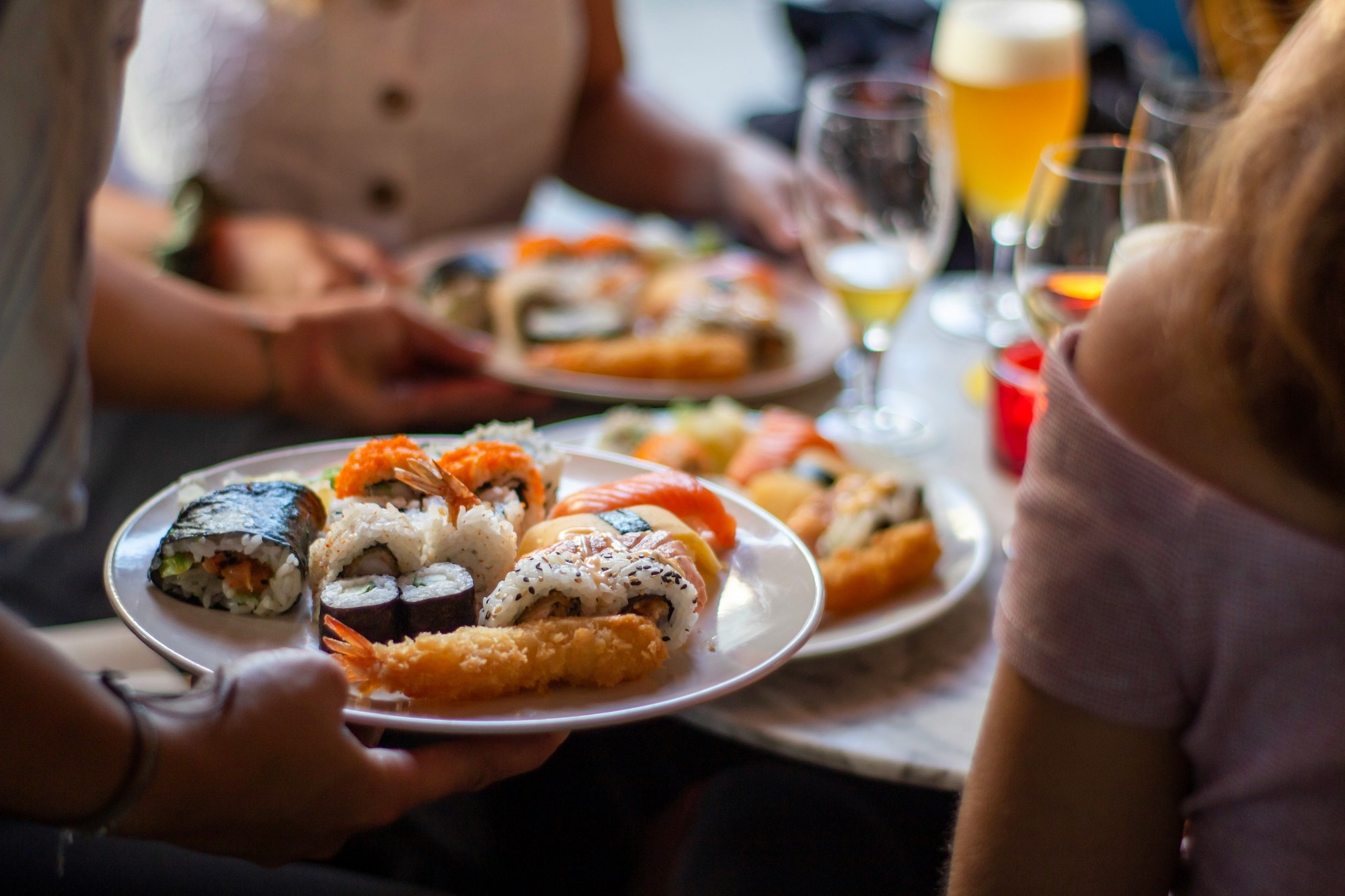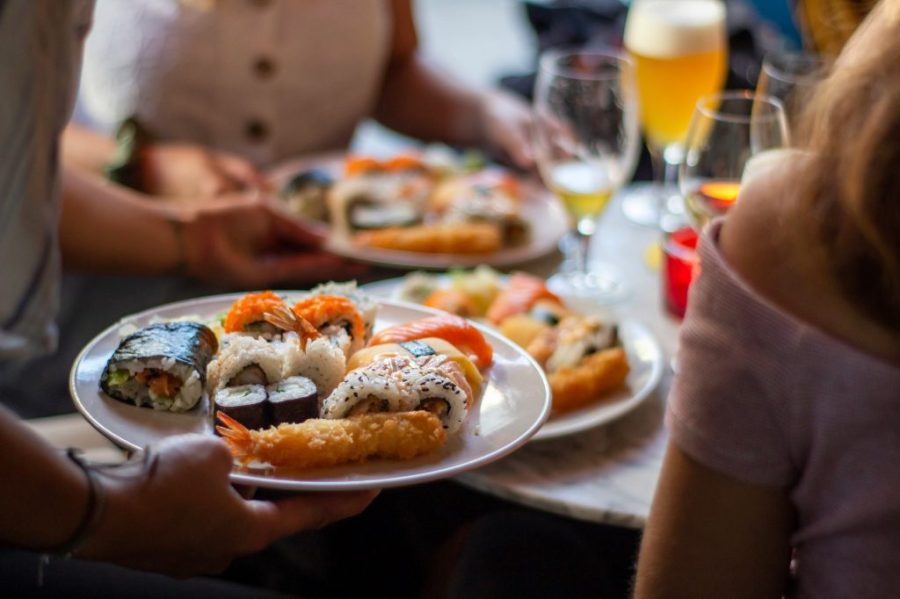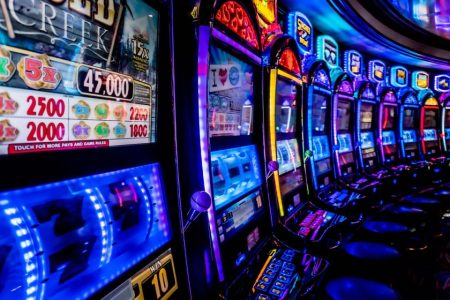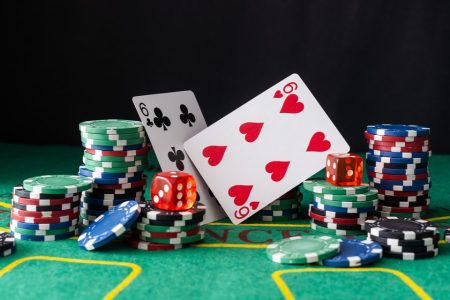The release of wastewater from the Fukushima Daiichi nuclear plant is hurting Macao’s food businesses on two fronts, the Portuguese news agency Lusa reports.
Importers and restaurateurs told Lusa at the Macau Food Festival that the SAR’s ban on many Japanese products has made sourcing products difficult, a problem compounded by customers’ fears of consuming ingredients they suspect could be contaminated by nuclear waste.
Local seafood importer Sanmin Cheang said he’d been forced to pivot from Japan to the Chinese city of Dalian. The city has a major fishing industry, but the variety is comparatively limited, he complained, and some fish species weren’t available at all.
Before the ban, Sanmin’s customers bought 12 times as much from his company as they do now, he summed up.
Ramen shop owner Ho Wai Chong told Lusa he had friends whose sashimi and sushi stores had suffered due to a lack of demand. “Reservations of 15 tables per day fell to three or four,” he noted, adding that diners’ aversion to Japanese food appeared to be a “psychological” reaction.
[See more: Macao’s ban on Japanese food imports: Your questions answered]
Data from the Statistics and Census Bureau indicated a 28% decrease in the turnover of Japanese and Korean restaurants in September.
A ban on many food products from 10 Japanese prefectures has been in place since August when Japan began discharging treated – yet still slightly radioactive – water from its crippled nuclear plant in Fukushima into the Pacific Ocean.
While the Japanese government and the United Nations (UN)’s nuclear watchdog deemed this water perfectly safe, China has vociferously condemned the action as irresponsible and potentially dangerous.
In response, Macao not only banned a large swathe of products but boosted radioactivity testing at the border.






